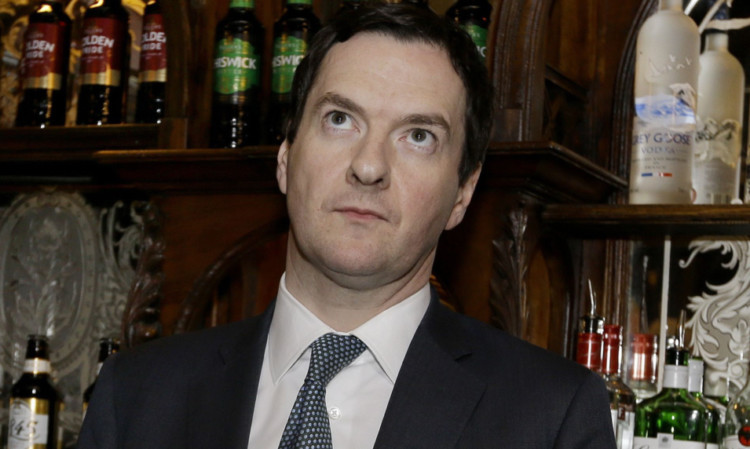
There won’t be many pre-election gifts in this year’s budget announcement.
George Osborne will be keen to demonstrate the recovery is on track without giving the impression he has cash to throw around in a pre-election giveaway.
So what might the Chancellor do to convince hard-pressed families that the good times are around the corner without dipping his hands in the coffers too deeply?
Income Tax
Tax cuts look unlikely, but all the signs are that he will change thresholds at which different tax rates apply. Since the 2010 election it’s estimated that a million more people have found themselves in the 40% tax bracket, which currently applies to those earning more than £41,451. This looks likely to be scrapped and replaced with a higher threshold above which you’ll pay 45%
Another tax measure that will support from voters is a further clamping down on tax avoidance. The idea that others are getting away with paying less tax than they should doesn’t go down well with most of us. Recent successes have been widely publicised by HM Revenue and Customs, so many expect further loopholes to be closed.
Household bills
The behaviour of the big six energy firms has come under scrutiny as never before over the winter. Since 2010 alone energy bills have risen by 33 per cent that’s seven times the rate of earnings. Families now face impossible decisions like choosing between heating or eating. A survey by Which? found that three quarters of people were worried about energy prices and the Chancellor has been under pressure to do something about this. A reduction in the carbon tax and its eventual abolition has been mooted.
Housing costs
Bodies like the Royal Institute of Chartered Surveyors believe the current system of stamp duty, with a threshold of £250,000 beyond which duty jumps from 1% to 3% has distorted the housing market. It means there are few homes on the market between £250,000 and £275,000. The system looks likely to be reformed.
The Government’s Help to Buy scheme, which sees the Government assist would-be homebuyers who can find a 5% deposit, has helped kick-start the housing market, but critics say it has overheated property prices in some parts of the country. Again, a reform seems likely. One possibility would be that the amount of government help would be reduced for more expensive properties.
Savings
Historically low interest rates have been good news for those with mortgages and loans, but have done nothing for savers. With more and more of us dipping into our savings rather than adding to them, a shake-up of the ISA system looks on the cards.
The Building Societies Association has called for the introduction of a new ISA aimed at first-time savers, which would see the Government contribute 20p to every pound saved, up to a limit of £500.
Pensions
The main parties have already indicated they’ll back the extension of the so-called `triple lock guarantee’, under which the basic state pension will annually rise by inflation, average earnings or 2.5 per cent, beyond this Parliament. Expect this to be confirmed, to the relief of pensioners.
Drink and Tobacco
The alcohol duty escalator, which sees duty rise by inflation plus 2% has been in place since 2008 but was abandoned last year for beer. Calls by the drinks industry to freeze duty for spirits and wine look to have fallen on deaf ears. As a result, we can expect 10-12p on a bottle of wine, 85 pence on a bottle of blended whisky and £1.70 on a bottle of malt. Unless its abandoned, a similar duty escalator will see an increase of 28p on a packet of 20 premium cigarettes or 25 gms of rolling tobacco.
Fuel
Having already committed to freezing fuel duty until 2015, it’s unlikely he will be cutting it, despite heavy lobbying for this. Filling up your car will not be any less painful on your wallet.

Enjoy the convenience of having The Sunday Post delivered as a digital ePaper straight to your smartphone, tablet or computer.
Subscribe for only £5.49 a month and enjoy all the benefits of the printed paper as a digital replica.
Subscribe